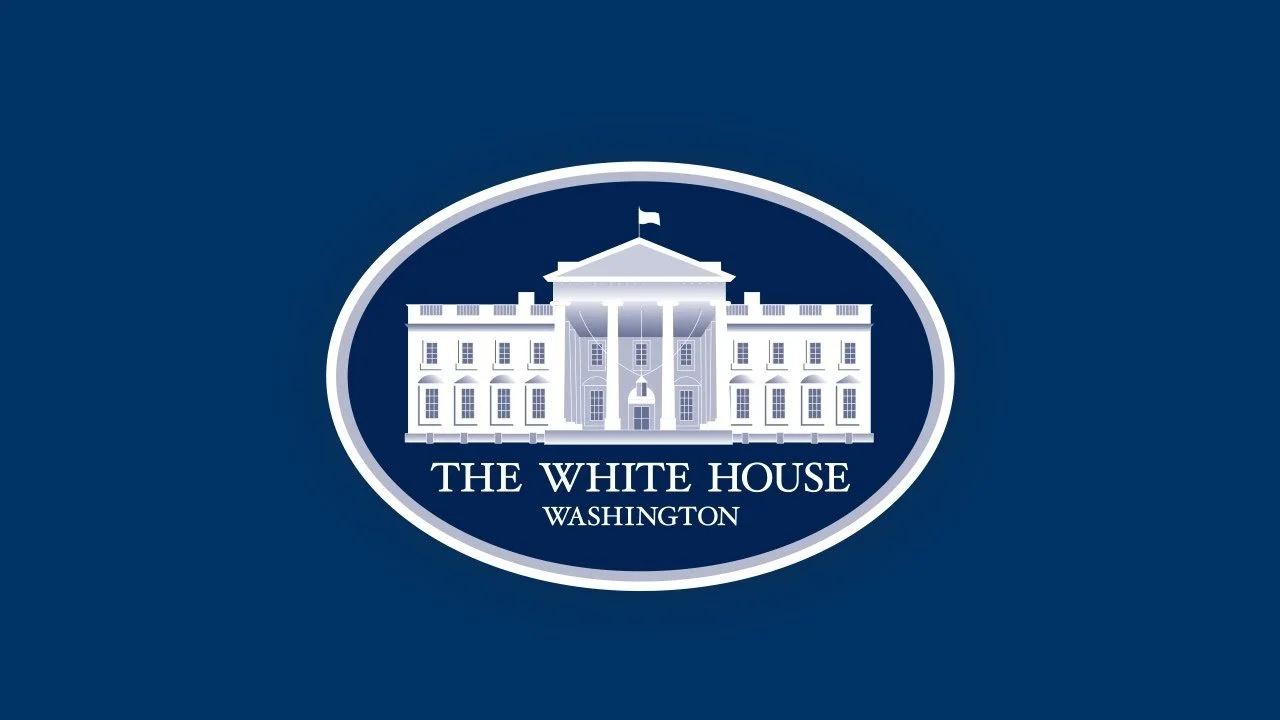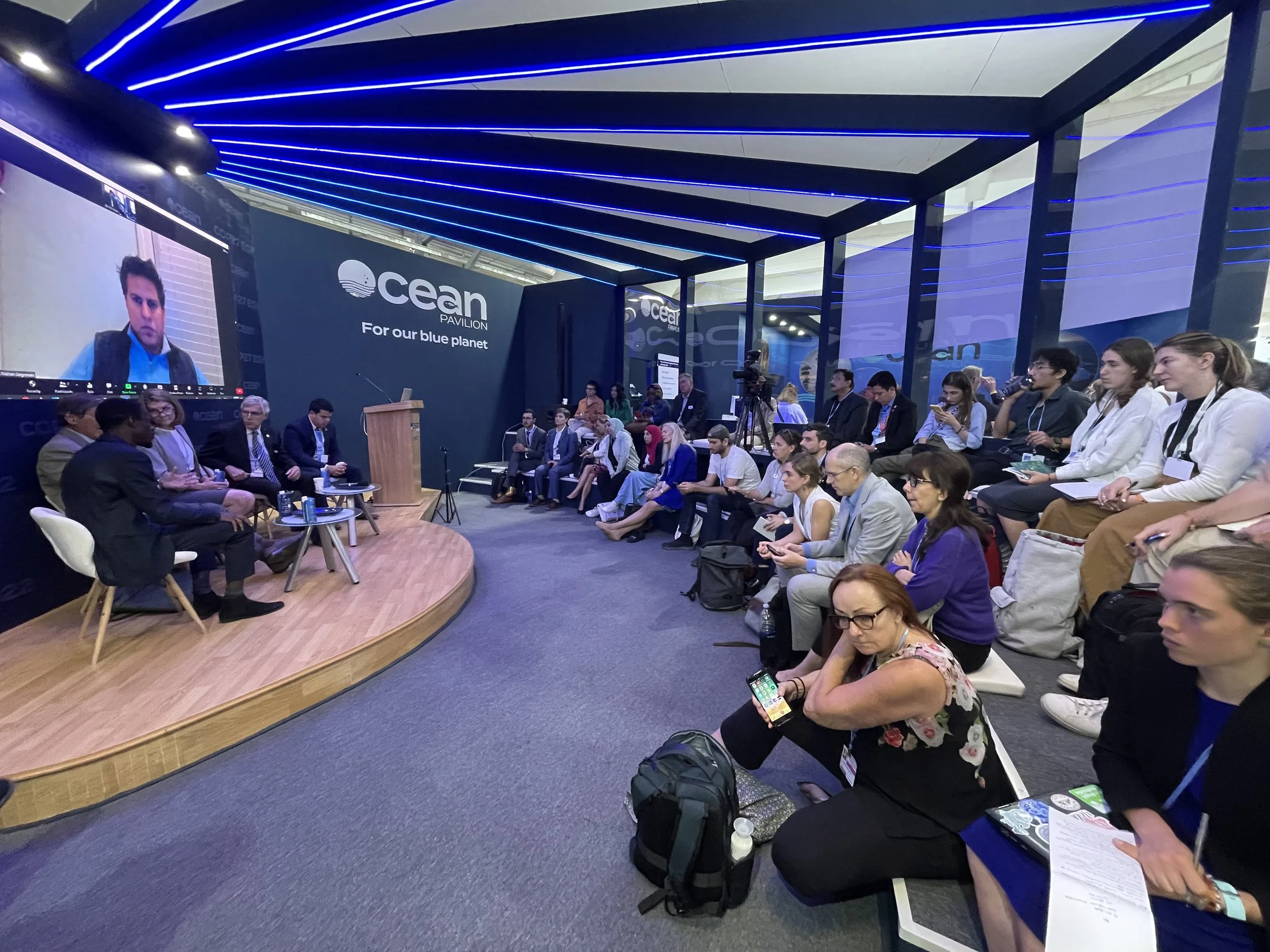
Policy

Advancing science-based decision-making for a safe and secure Earth System.
Meteorological extremes are causing unprecedented displacement, economic insecurity, and loss of life in many parts of the world, shining a light on the urgency of better information and options to ensure the safety of the people and ecosystems at risk.
Humanity’s most successful environmental protection efforts are those most effective at using science and evidence to guide decision-making to promote safety. SilverLining supports policies that advance science-based governance alongside participation in research and decision-making on near-term climate responses.
United States
U.S. federal science agencies provide the primary scientific support for many international environmental agreements and Earth system monitoring programs. As a result, U.S. research investments play a central role in supporting international governance regimes and open science.
SilverLining promotes U.S. investment in improving capabilities for observing, predicting, and managing the Earth system, including risks of meteorological extremes and early warning of abrupt changes in natural systems. In that context, SilverLining endorses a U.S. national research effort in near-term Earth system risks and possible responses designed to support scientific assessment of the risks and impacts of sunlight reflection and projected warming within five years.
International
Growing threats to Earth system safety and security have increased interest in the potential for sunlight reflection to reduce near-term Earth system risks.
Still, the international community currently lacks critical scientific information needed to make informed decisions. Multiple international scientific assessment and research coordination bodies are well-positioned to play a role in informing and/or assessing near-term Earth system risks and possible responses to fill these information gaps. SilverLining is working to address these issues and support research globally.






















